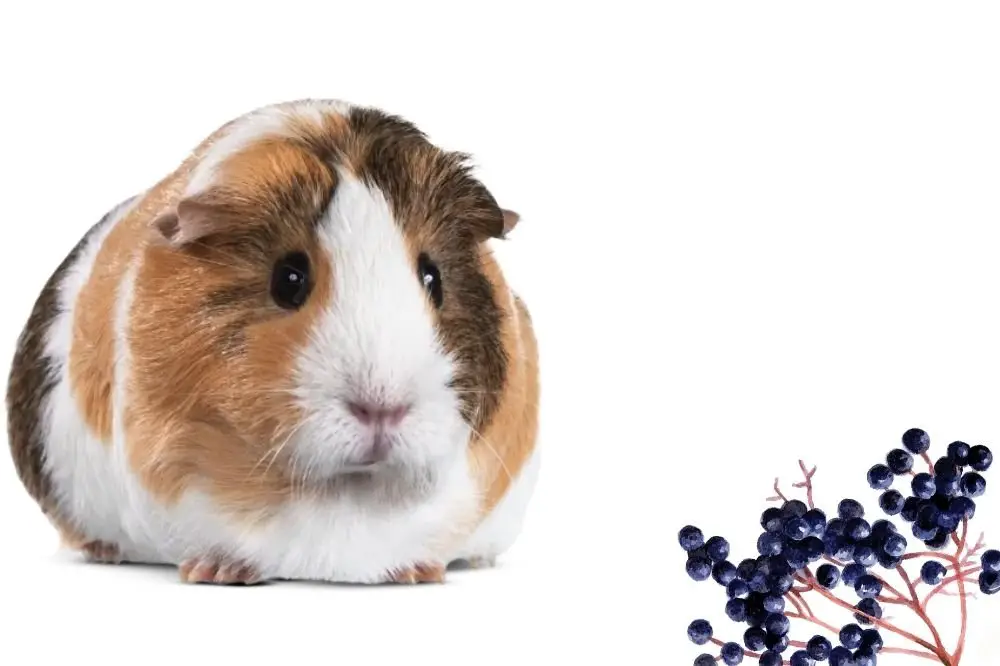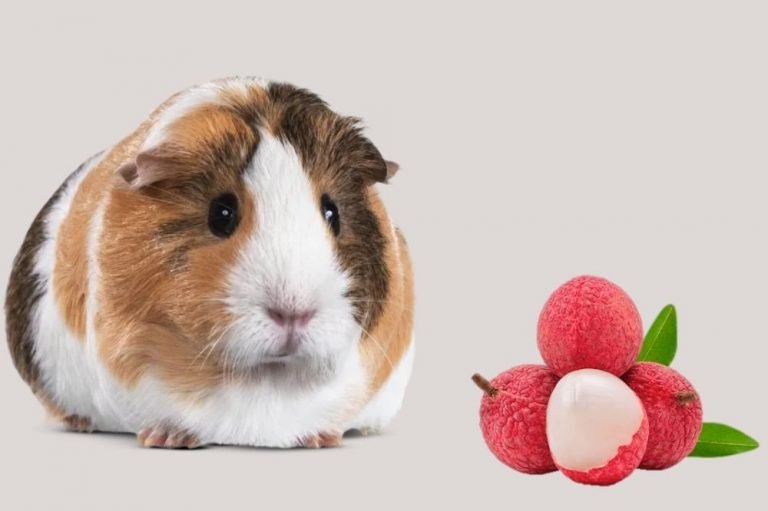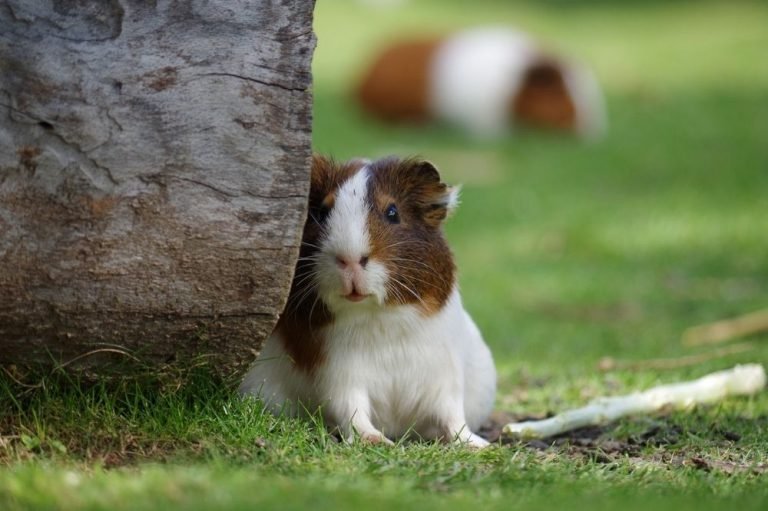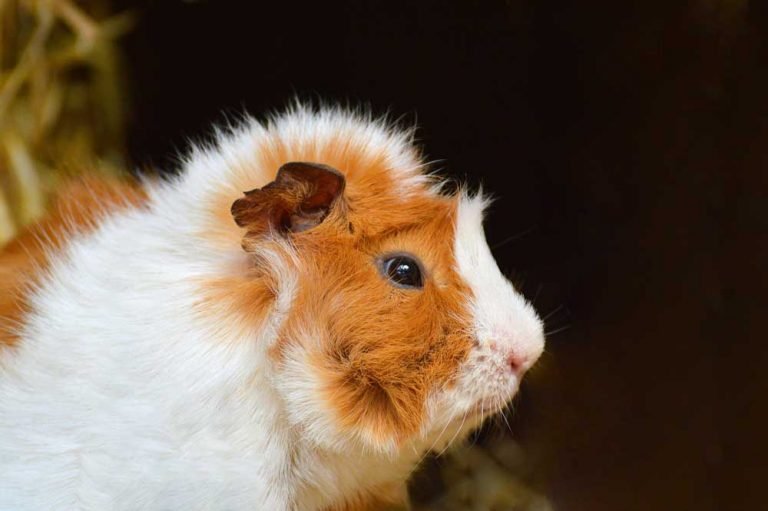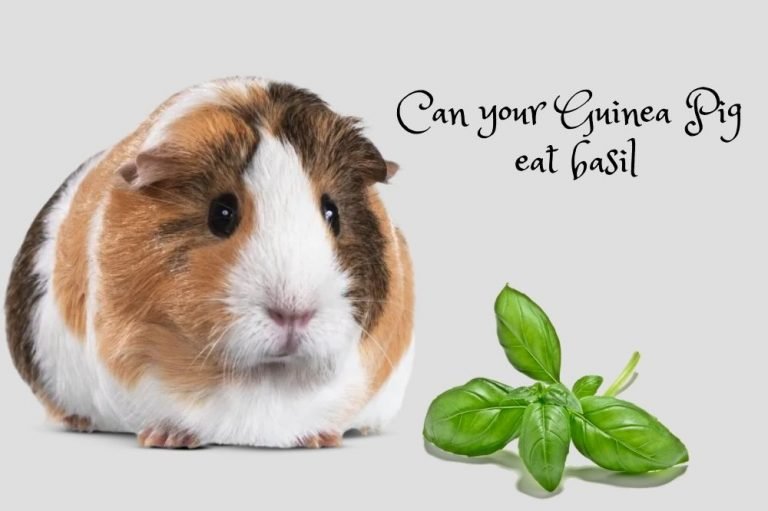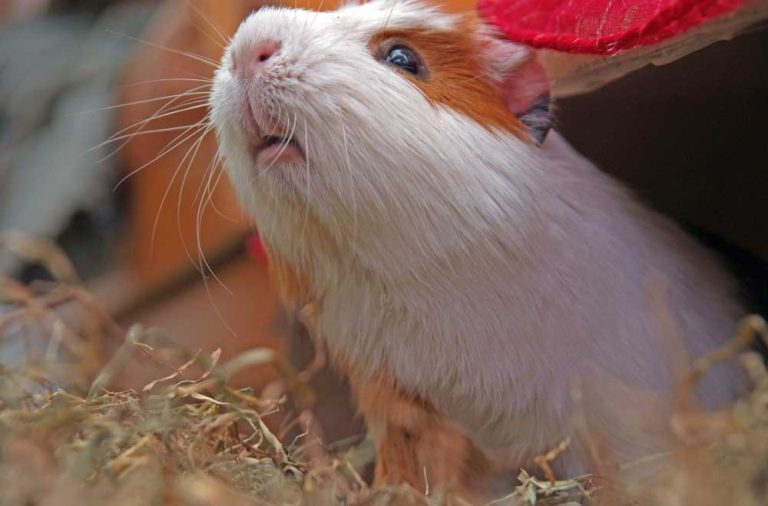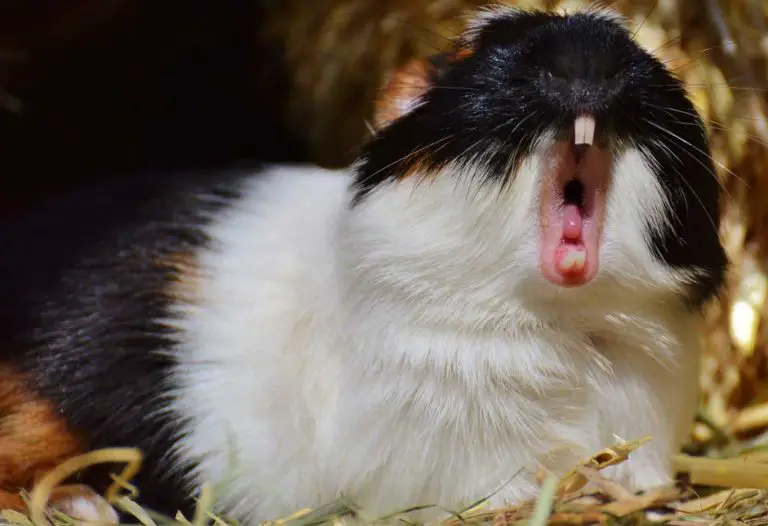Can Guinea Pigs Eat Elderberries?
Elderberries are common medicinal plants that have been used for years due to their healing properties. They are used for burns, to treat infections, and as a cold and flu supplement.
The plant’s berries have a tart taste and they are usually cooked before eating to make them easier to eat. The flowers though can be eaten raw depending on one’s preference.
With most berries like strawberries, blackberries, and blueberries being safe for guinea pigs to eat, you may think of including elderberries in their diet too. But are they safe?
Read along to find out if you can feed elderberries to your furry pet.
Can guinea pigs eat elderberries?
Guinea pigs can eat elderberries because they are nutritious and healthy for them to eat. Elderberries are high in Vitamin C which boosts the immune system, antioxidants, Vitamin B6, iron, potassium, and dietary fiber. Only the ripe berries should be fed because the unripe fruit, root, leaves, and stem contain cyanide which is poisonous.
Benefits of feeding elderberries to guinea pigs
Elderberries are packed with nutrients like:
Vitamin C
Guinea pigs cannot make their Vitamin C making it vital for you to supplement the vitamin. Elderberries are rich in Vitamin C so they are great for guinea pigs.
Lack of Vitamin C is harmful and it leads to an increase in oxidative stress.
Vitamin C helps in the prevention of scurvy which is a painful and fatal illness for guinea pigs. Vitamin C also works in enhancing the immune system of guinea pigs and in enabling faster healing of wounds.
Dietary fiber
Elderberries contain fiber which is required by guinea pigs on a daily basis. Fiber provides roughage that aids in the digestion processes of guinea pigs preventing constipation and stomach upsets.
Potassium
Potassium lowers blood pressure in your pet by getting rid of sodium from the body and enabling the dilation of arteries.
Antioxidants
Antioxidants are important in that they prevent heart disease and cancer.
Low calcium
Calcium is an important mineral for guinea pigs, although it’s only required by the young and pregnant ones. This is because it helps in the development of strong bones.
In adult guinea pigs calcium becomes inefficient as they no longer need it. Elderberries are safe for guinea pigs because they contain calcium in low quantities.
High calcium levels cause the formation of bladder and kidney stones which lead to urination problems. If you observe that your pet is making painful sounds while urinating and the urine seems to have blood, then they could be having these stones.
Effects of feeding elderberries to guinea pigs
Elderberries are nutritious and great for guinea pigs. However, they will have some effects like:
Sugar
High amounts of sugar are harmful to guinea pigs‘ health. A high sugar content brings about weight gain that ultimately leads to obesity.
An obese pet will be unable to groom themselves properly as they should. They will also be inactive, sluggish, and prone to illnesses.
Sugar brings about diabetes whose signs will include drinking a lot of water, eating more food than usual, lethargy, and weight loss. If not treated, diabetes leads to more serious issues like kidney failure.
Sugar will also lead to tooth decay in guinea pigs. Guinea pigs have teeth that are always growing and if they are not worn down or trimmed, they become painful.
This condition should get worse if more dental problems like tooth decay arose.
Guinea pigs have sensitive stomachs and high sugar content brings about problems with digestion too causing stomach upsets and diarrhoea.
Toxic nature
Only the ripe fruit of elderberries should be fed to guinea pigs. You should avoid the unripe fruit, roots, leaves, and stems.
This is because they contain amygdalin, a toxic compound that is found in apple seeds which are also toxic for guinea pigs. When ingested, the amygdalin becomes hydrogen cyanide which is fatal.
Any kind of ingestion should be reported to a vet immediately.
Phosphorus/Calcium ratio
Blackberries contain higher phosphorus to calcium rate meaning that their phosphorus content is more than their calcium content. This is a ratio that will affect the health of your pet.
It makes your pet to grow much slower and have a shorter survival period. Signs of calcium phosphate deposits in their body will be sore and stiff wrists.
Acidic content
Elderberries contain acid which could harm guinea pigs. Acidic foods give guinea pigs painful mouth sores that make eating difficult.
Elderberry alternatives for your guinea pig
Some guinea pigs will enjoy eating elderberries while others will not. It’s more of a personal choice.
If your pet doesn’t enjoy the fruit, you can try some nutritious alternatives like:
- Pineapples – Pineapples are highly rich in Vitamin C.
- Cherries – Cherries contain antioxidants and vitamins.
- Strawberries – Strawberries are a good source of Vitamin C.
How to feed elderberries to guinea pigs
The skin and pulp of elderberries are edible. First, you should make sure that you are only feeding the ripe fruits.
Wash the fruits thoroughly to get rid of chemicals and bacteria. You can feed 3 elderberries in one go by mixing them up in their veggies.
The fruit should be fed in moderation at about 2 to 3 times per week. No jams, dried fruits, juice, or canned fruits should be fed to guinea pigs because they contain added sugars and preservatives that could be harmful to guinea pigs.
Conclusion
Elderberries are medicinal and their medicinal nature makes them highly nutritious additions to your guinea pig’s diet.
They help to smoothen digestion processes, enhance a guinea pig’s immune system, lower blood pressure, and aid in preventing diseases.
Elderberries are high in sugar and if more than enough are provided, they could bring about obesity, diabetes, dental problems, and digestion issues.
Elderberries should be fed moderately two or three times a week. Only the ripe fruits should be fed because the other parts including the leaves, stem, roots, and unripe fruits contain the compound amygdalin that turns into toxic cyanide when digested. If you suspect that your pet may have eaten a poisonous part you should seek a vet right away.

